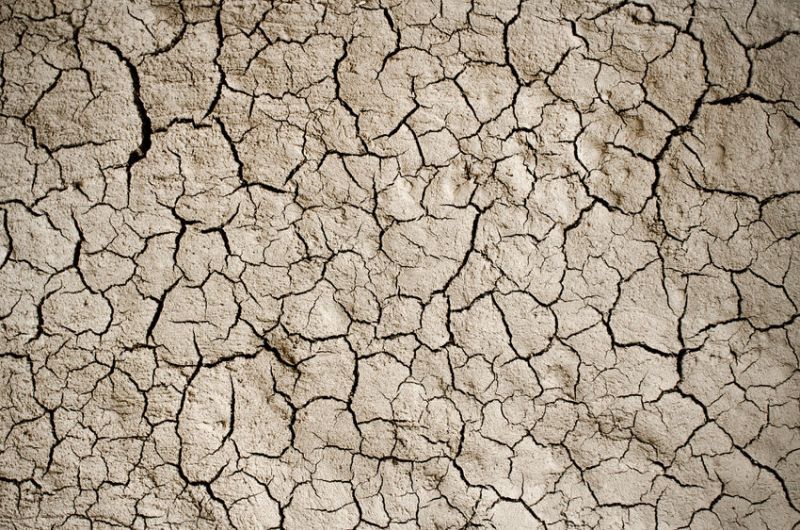
Farmers reeling from the effects caused by the summer-long heatwave have seen "little government action" since an emergency summit took place on August 1.
Farming leaders and stakeholders met in early August at an agricultural drought summit hosted by the NFU and attended by Defra Secretary Michael Gove, the Environment Agency, Natural England, the Country Land and Business Association (CLA) and the Rural Payments Agency (RPA).
The prolonged, bitterly cold and wet winter at the start of the year followed by a short, late spring and baking-hot, arid conditions over the summer, has presented the farming community with an unprecedented set of difficulties.
The impacts of this year’s conditions are likely to be felt for some time to come, according to the NFU.
But the farming union has today (3 September) made renewed appeals to Mr Gove to assist farm businesses still suffering from the impacts of drought, having seen "little action" since the NFU’s emergency summit.
'Meaningful assistance'
NFU President Minette Batters, who wrote to the Secretary of State last month on this subject, said governments in Scotland, Wales and even across Europe are showing understanding of the severity of the agricultural drought.
They have put in place measures to assist farm businesses to help with the dire impacts. For farmers in England, she says, the situation is "very different".
Mrs Batters said: “We admired the Secretary of State’s words of reassurance when he attended the NFU’s agricultural drought summit last month, but we are yet to see meaningful assistance to farmers who have to deal with the long-term impacts of the extreme weather.
“We have prompted the Secretary of State to, as a priority, be flexible on CAP greening rules and agri-environment schemes. These rules and schemes, as it stands, mean many farmers can’t graze or cut grass from certain areas of land.
“But Government can apply to the EU Commission for a derogation to allow farmers to graze or cut grass from this land temporarily," she said.
'Flexibility'
Without derogations, farmers will face huge uncertainty over whether feed stocks will last the forthcoming winter and what increasing costs they will be facing if they don’t.
Mrs Batters added: “We have also called for additional flexibility on water abstraction licensing, support for additional forage and bedding costs and improved cashflow – and that means speeding up payments that are well overdue for the hundreds of farmers who have been expecting this much-needed cash injection. "
Mr Gove said he would do "whatever it takes in order to make sure farmers can continue to run successful businesses" after the summit last month.
But Mrs Batters said a "bit of rain does not wash problems away".
"We know the Secretary of State values British food production, but – despite the recent turn in the weather – we still need to see action," she said.
The plea follows new results from a survey of over 600 NFU members on the impact of the drought showing 71% have suffered a negative impact from the weather.
Over three-quarters (78%) of farmers using forage expect a shortfall in feed reserves this winter. And of the farmers growing spring crops, 90% say they are growing poorer than expected.
